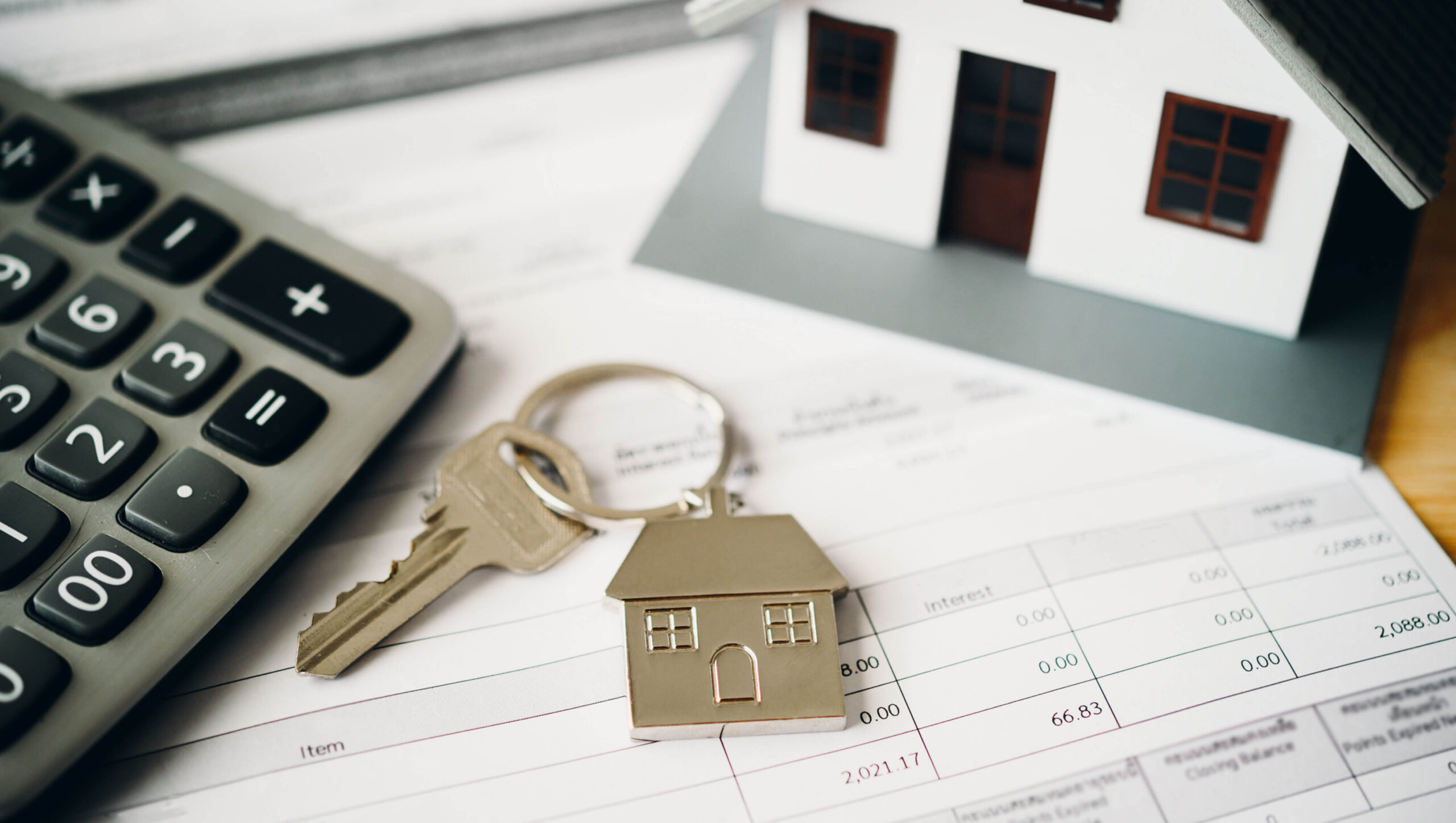
Turn your property into an income-generating home
Published in May 2025
Home may be, as the adage goes, anywhere you hang your hat, but it can also be a place where you do business or generate an income. “The house you call home can be so much more than the place where you live,” says Bradd Bendall, BetterBond’s National Head of Sales. “An income-generating home can be a source of extra money, especially during challenging financial times.”
Rent out a room or part of your home
If you have a spare room or space on your property, consider getting a tenant. This works well if the room has its own entrance so that both parties enjoy privacy and freedom of movement. If your property has a small cottage or flatlet, this would be an ideal option. Student accommodation is always in demand. If you have a room or flat on your property and you live close to a tertiary institution, this could be a source of reliable income during the academic year.
Make unused spaces work for you
Offer an unused garage or driveway on your property to neighbours who may need additional parking or whose properties may not have space for their cars. In Clifton, where parking is a luxury, it's not unusual for parking bays of 16 square metres to sell for R2.5 million, says Bendall. You can also rent out an empty garage as a storage space.
List your home on Airbnb
Hosting on Airbnb has become a vital source of income for many homeowners, says Bendall. A recent study on the economic impact of Airbnb in Cape Town found that 49% of hosts surveyed saw their Airbnb income as an “economic lifeline” that helped them afford their homes. Half said their income-generating home helped them keep up with the rising cost of living.
With the launch of Airbnb Rooms, it is now possible to offer just one room in the home for short-term rental, if it meets certain criteria. These include a private bedroom with a door, access to a private or shared bathroom and access to at least one common space such as a garden or kitchen.
If you are hosting guests in your income-generating home, let your insurance company know so that you can be properly covered in case of theft or damage, advises Bendall. This means instituting hospitality risk insurance that will allow for hosting-related claims.
A desirable venue for hire
If your home has distinctive architectural features or is set in a sought-after location, you can rent it out as a venue for events, weddings or even film shoots. Historical homes are also popular for films or magazine shoots. “Do your research and register your home with a reputable location agent,” says Bendall. “Before opening your home to film crews, be clear about which parts of your home will be available and the duration of the shoot so that you can minimise disruption. Having your home as a location can be a lucrative source of additional income.”
Work from home
Many people have shifted to remote working, and most homes have space for a home office. You really just need good internet connectivity or Wi-Fi, decent lighting and a dedicated space to create a home office, advises Bendall. Having a solar system is also a good idea because this minimises the risk of disruption from load shedding and also saves on energy costs. Bendall says working from home or running a small business does not require special permission from the municipality. There are also tax benefits that come with using part of your home for business purposes.
So-called “micro businesses” do not need special permissions to operate in a residential zone, he explains. These include small bed-and-breakfast establishments, hair or beauty salons, crèches or daycares with a limited number of children, and medical practices. If you would like to open an independent or cottage school accommodating six or more children on your property, you may need to change the zoning to allow the property to be a place of instruction.
With a few modifications, you can use your home for a variety of activities or services. Home-based yoga studios or fitness centres are popular with those who prefer smaller group activities. If you have a well-sized heated or indoor pool, you could offer swimming lessons. Always be mindful of the applicable zoning and land-use regulations, suggests Bendall.
While within general residential zonings there are controlled opportunities for home businesses, larger business operations may require a consent use or temporary departure from the municipality, explains Bendall. “When deciding whether to run a business from home, consult with your local district planning office about the necessary permissions and zoning regulations. You will need to take factors such as parking and possible traffic congestion in a residential area into account.”
Related articles
Homebuyers guide
How much can you afford?
Your dream home is closer than you think. Make your budget work with the help of our range of calculators
